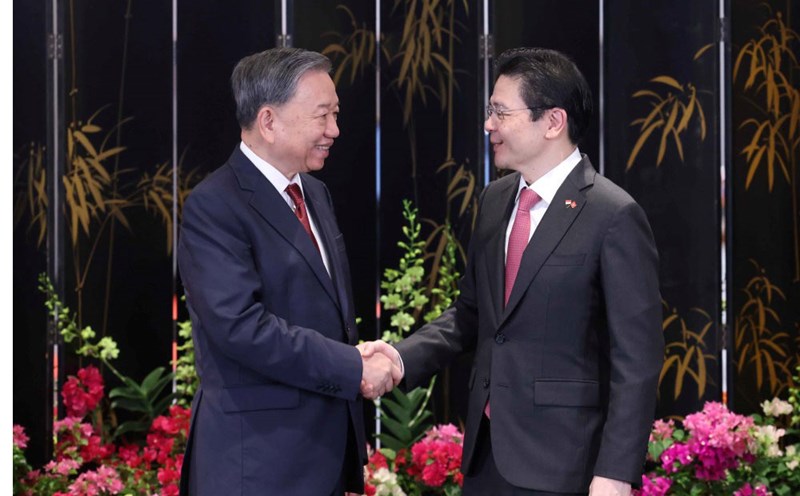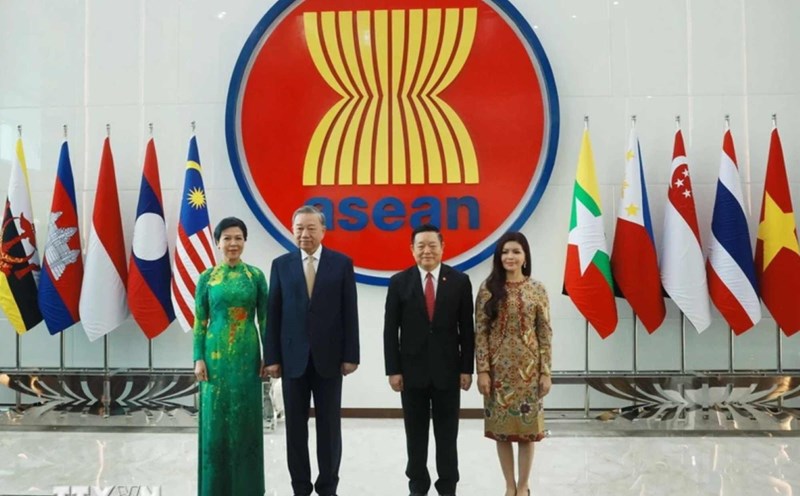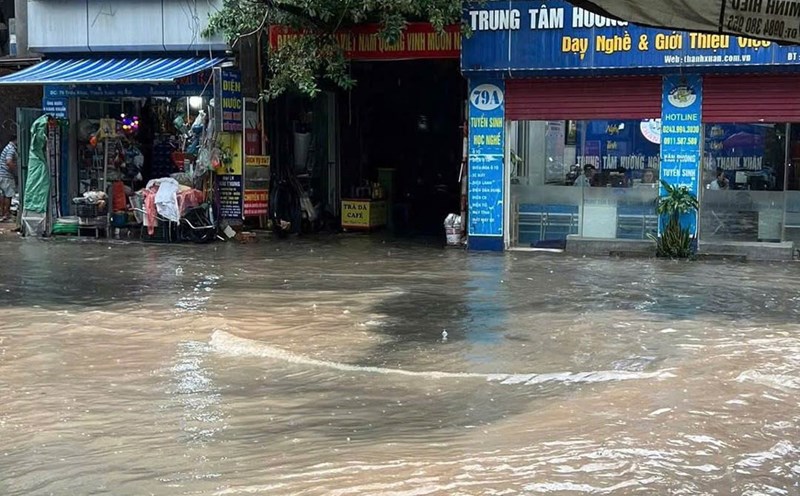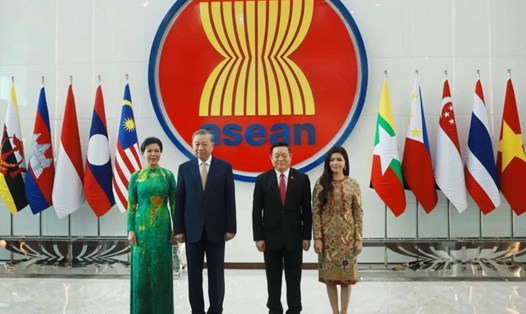CGTN reported that the report was published within the framework of the 2025 Uncle Ngao Asia Forum Annual Conference, taking place from March 25-28 in Uncle Ngao, Hainan, China. Despite challenges from geopolitical tensions, inflation and global supply chain disruptions, Asia continues to play a key role as a driver for the world economy, according to the report of the Ong Nao Asia Forum.
In terms of purchasing power parity, the total GDP of Asian economies in the global economy is expected to increase to 48.6% in 2025, higher than the 48.1% in 2024. economies including China, India, Vietnam, the Philippines, Mongolia, Cambodia and Indonesia are forecast to maintain a relatively high growth rate of over 5%.
The report emphasizes that growth in trade in goods is gradually recovering, while trade in services continues to expand at a strong pace, especially in tourism, transportation and digital services. China plays an important role in this growth, with both trade in goods and services reaching record highs.
The Regional Comprehensive Economic Partnership Agreement (RCEP) also contributes to promoting trade integration in the region, with RCEP in-commerce increasing by about 3% in 2024.
Digital trade and e-commerce are also emerging as key growth drivers, especially in Southeast Asia. The report highlights the value of ASEAN e-commerce goods increasing by 15%/year, reflecting the region's rapid digital transformation. In general, the Asian financial market remains stable, with most major economies expected to maintain adaptive monetary policies to support economic growth. The report noted that although foreign investment in Asia has faced fluctuations due to global instability, foreign direct investment in the region remains strong, with China, Japan and ASEAN member countries leading the top investment destinations.
Despite the optimistic outlook, the BFA report warned that regional economic integration still faces many obstacles. Many Asian economies still rely heavily on exports to the US and Europe.
Some member countries have not fully exploited the potential of the RCEP agreement due to the low use of trade rules.
Coordination policies are not yet synchronous, policy coordination mechanisms and dispute resolution need to be improved to promote trade and harmonize regulations in the region.
The report of the Ong Ngaio Asia Forum concluded that although Asia is the driving force of the global economy, to maintain growth momentum, the region needs to promote deeper cooperation, promote economic integration and increase investment in digital and service sectors. Asia may continue to lead the world, but that depends on the level of coordination and innovation of the economies in the region.
The 2025 Ong Ngao Asia Forum, an event likened to the Davos Conference of Asia, attracted the participation of about 2,000 delegates from around the world. The focus of the discussion was on free trade, global re-balancing and artificial intelligence.











